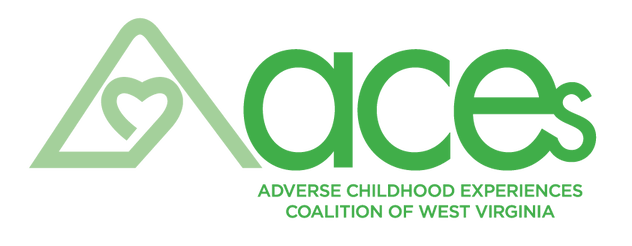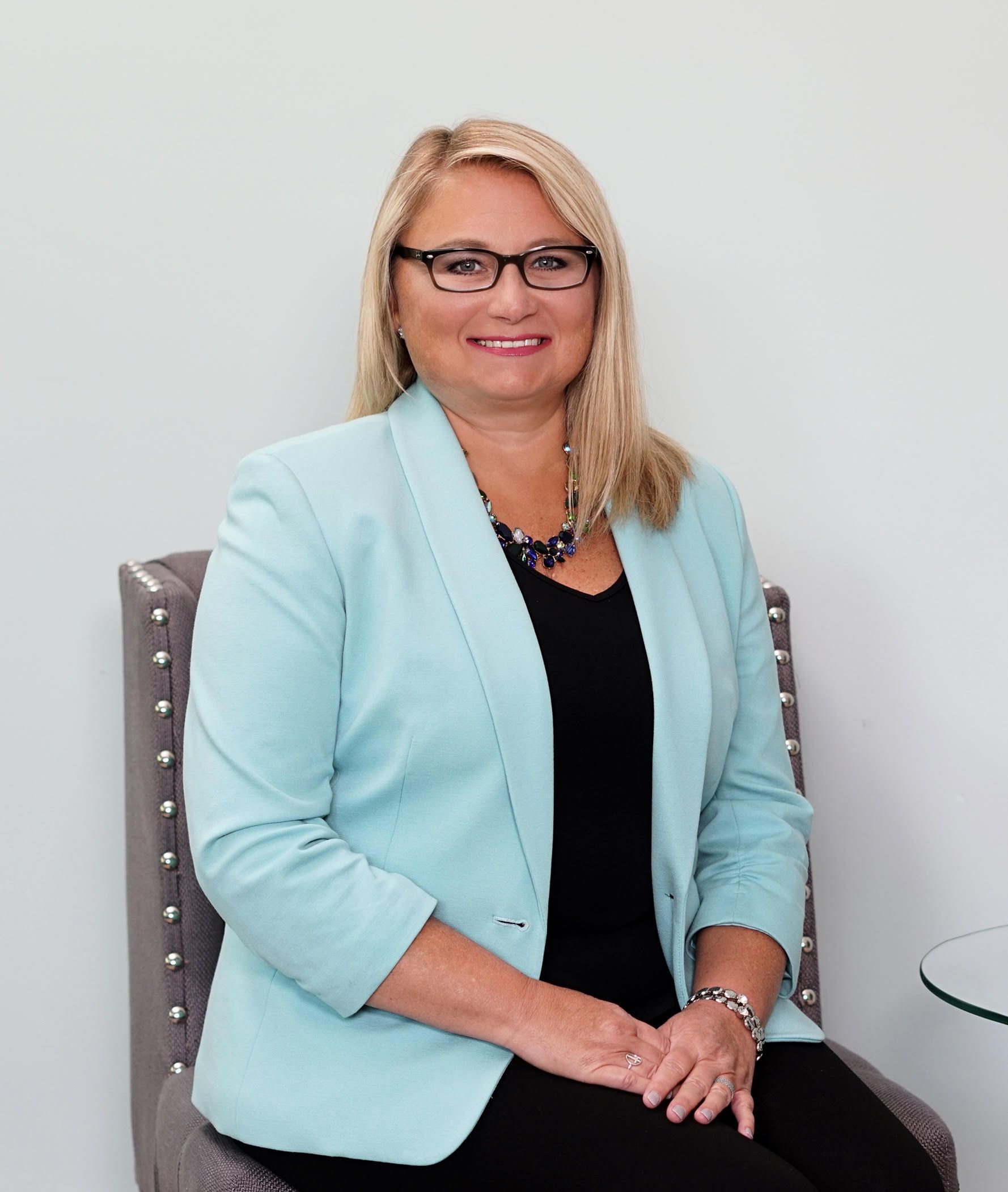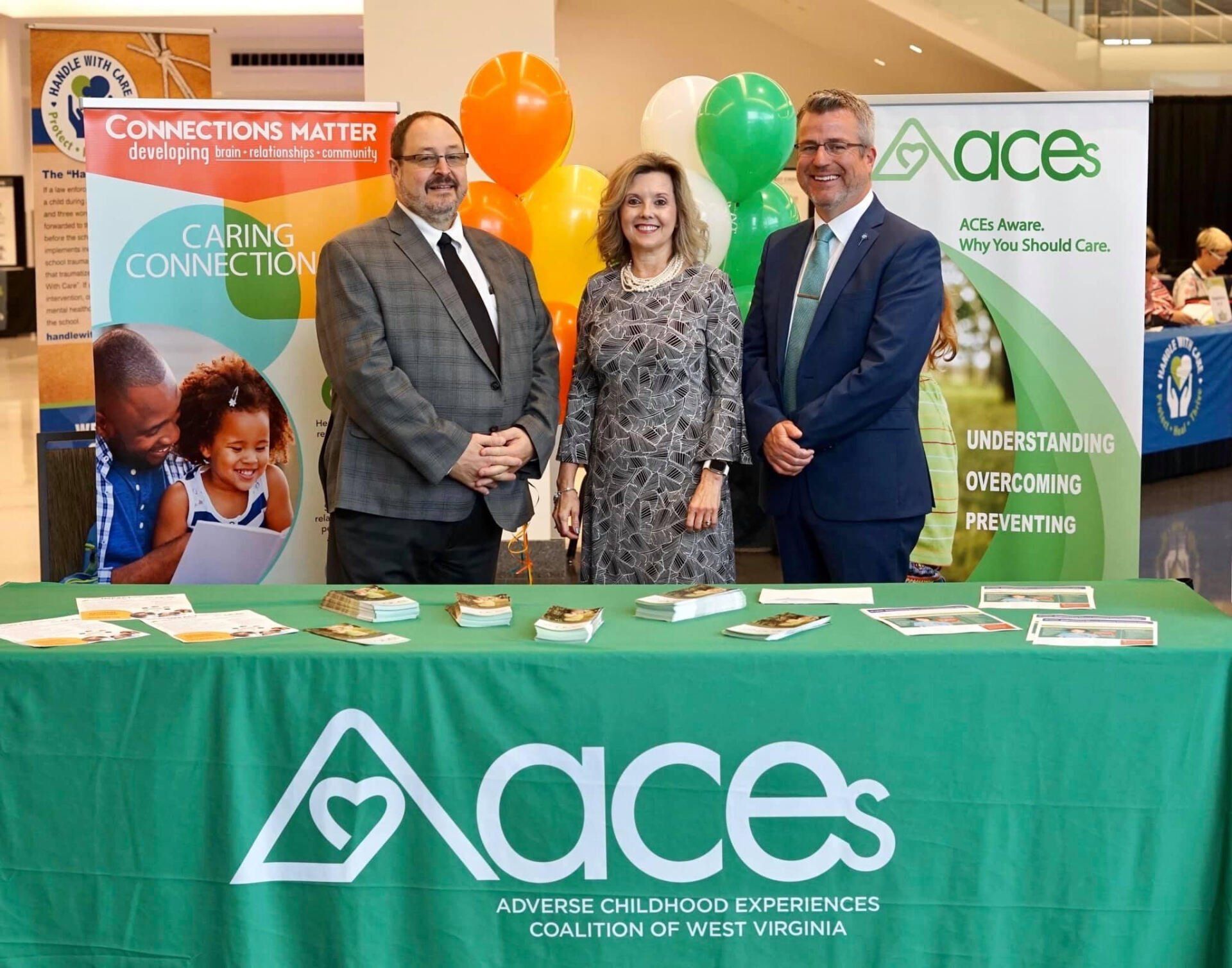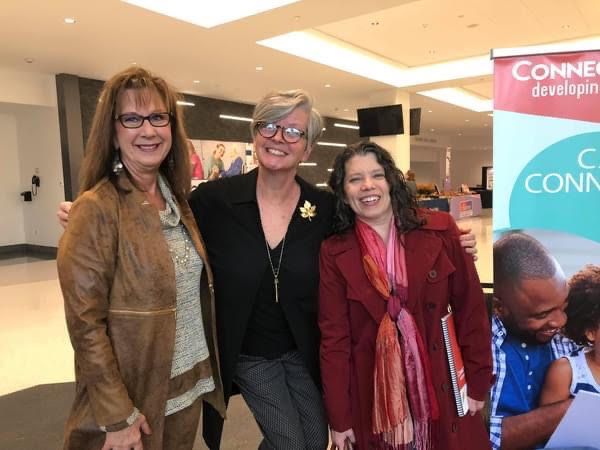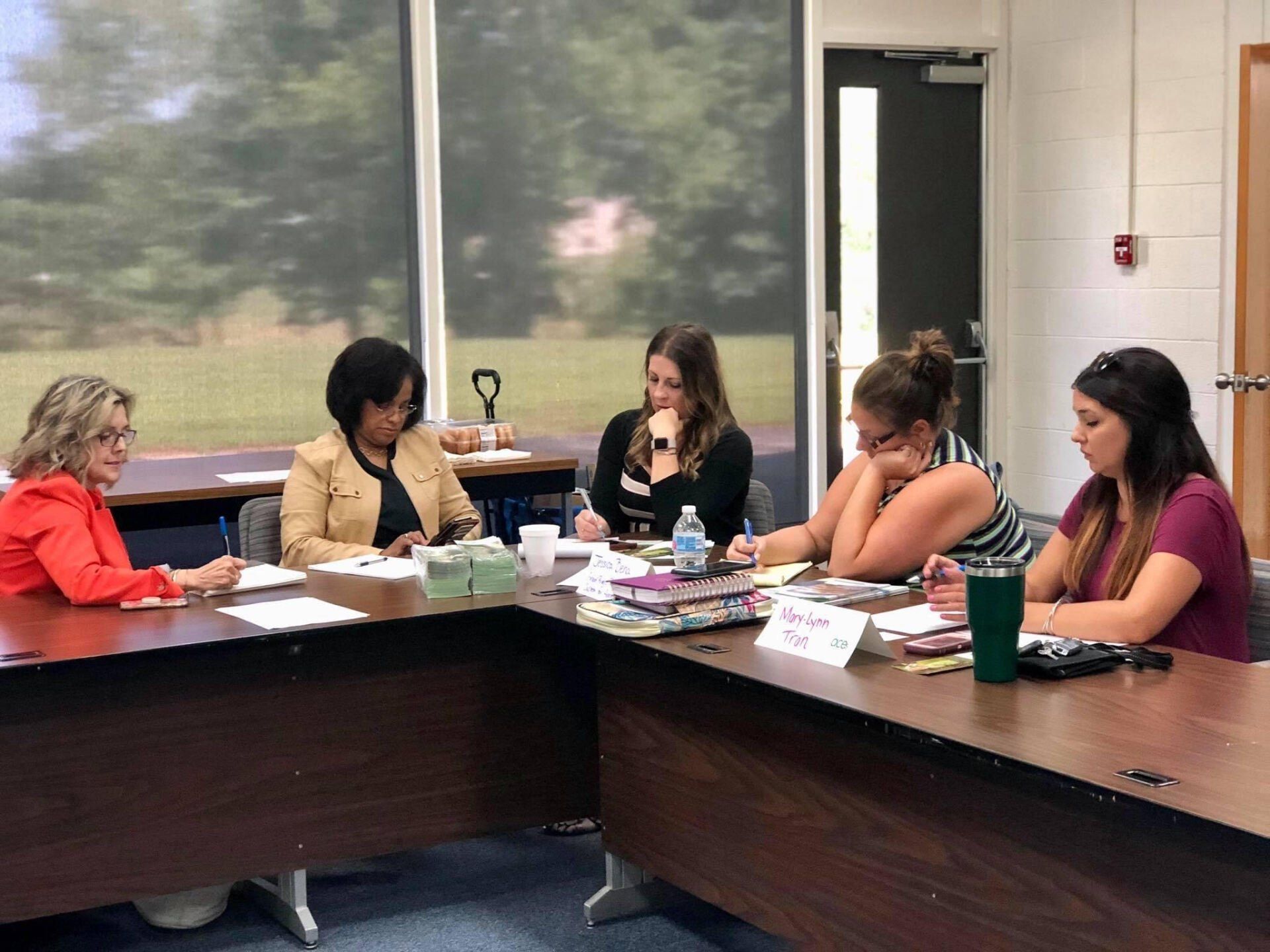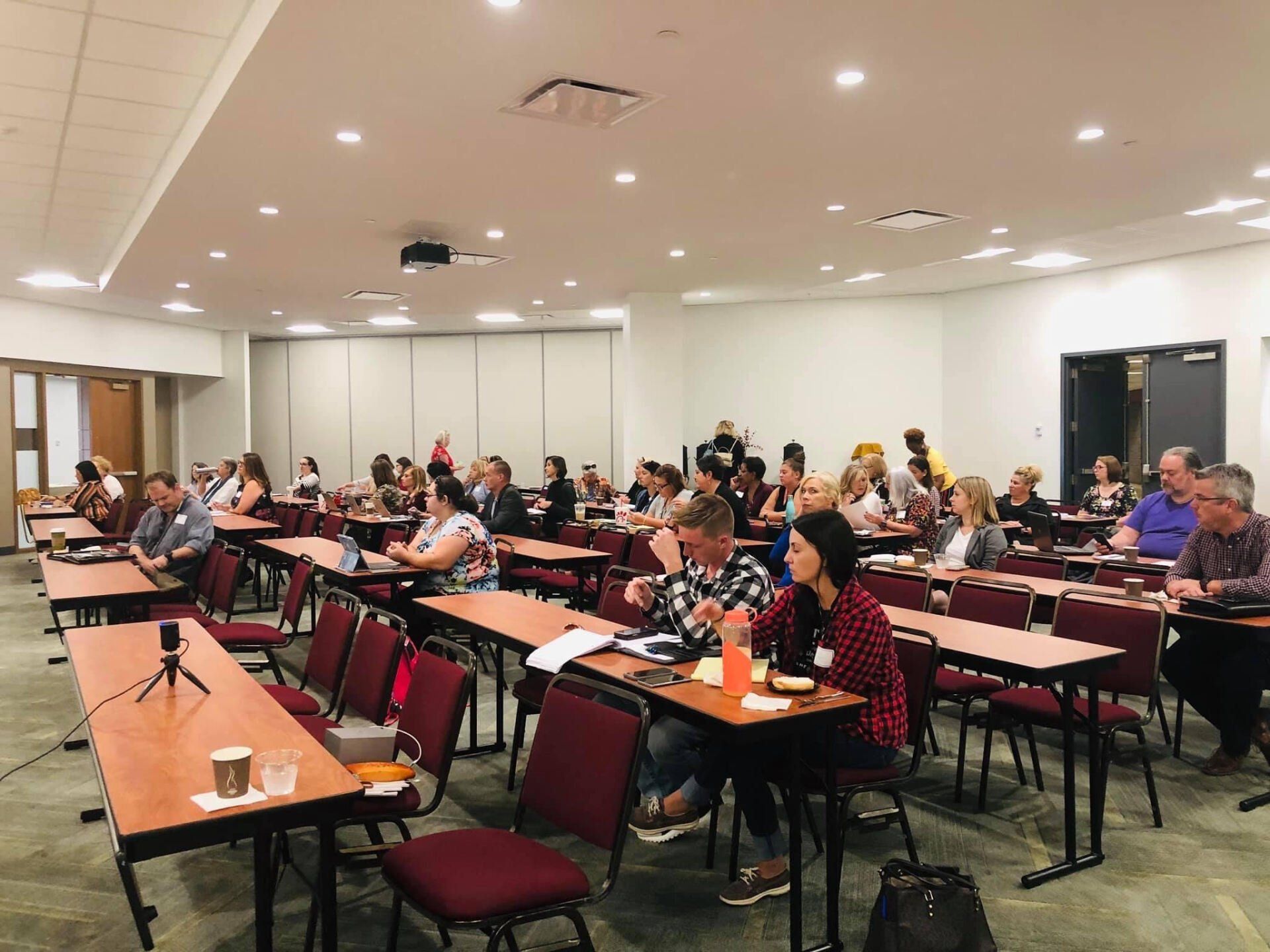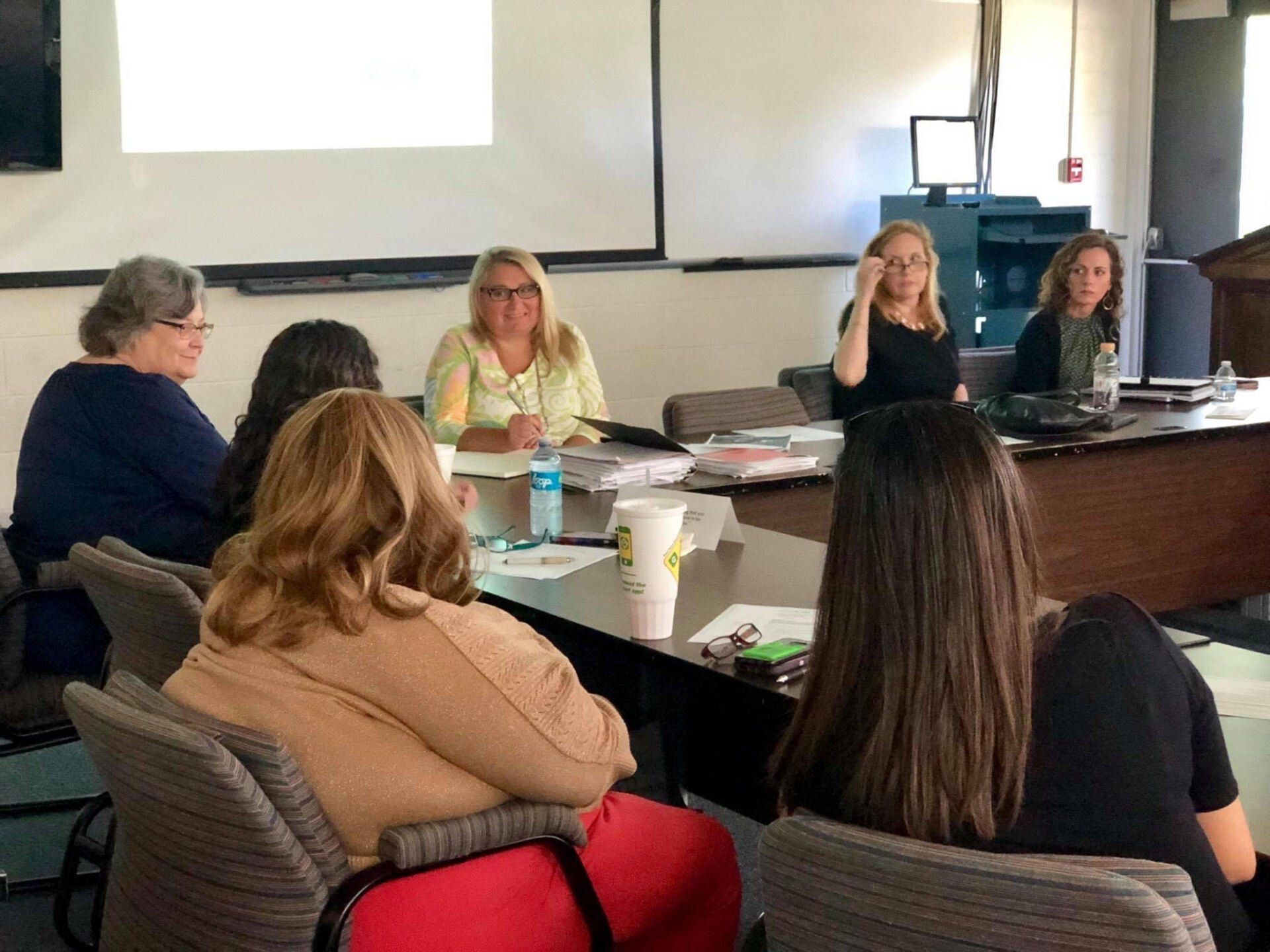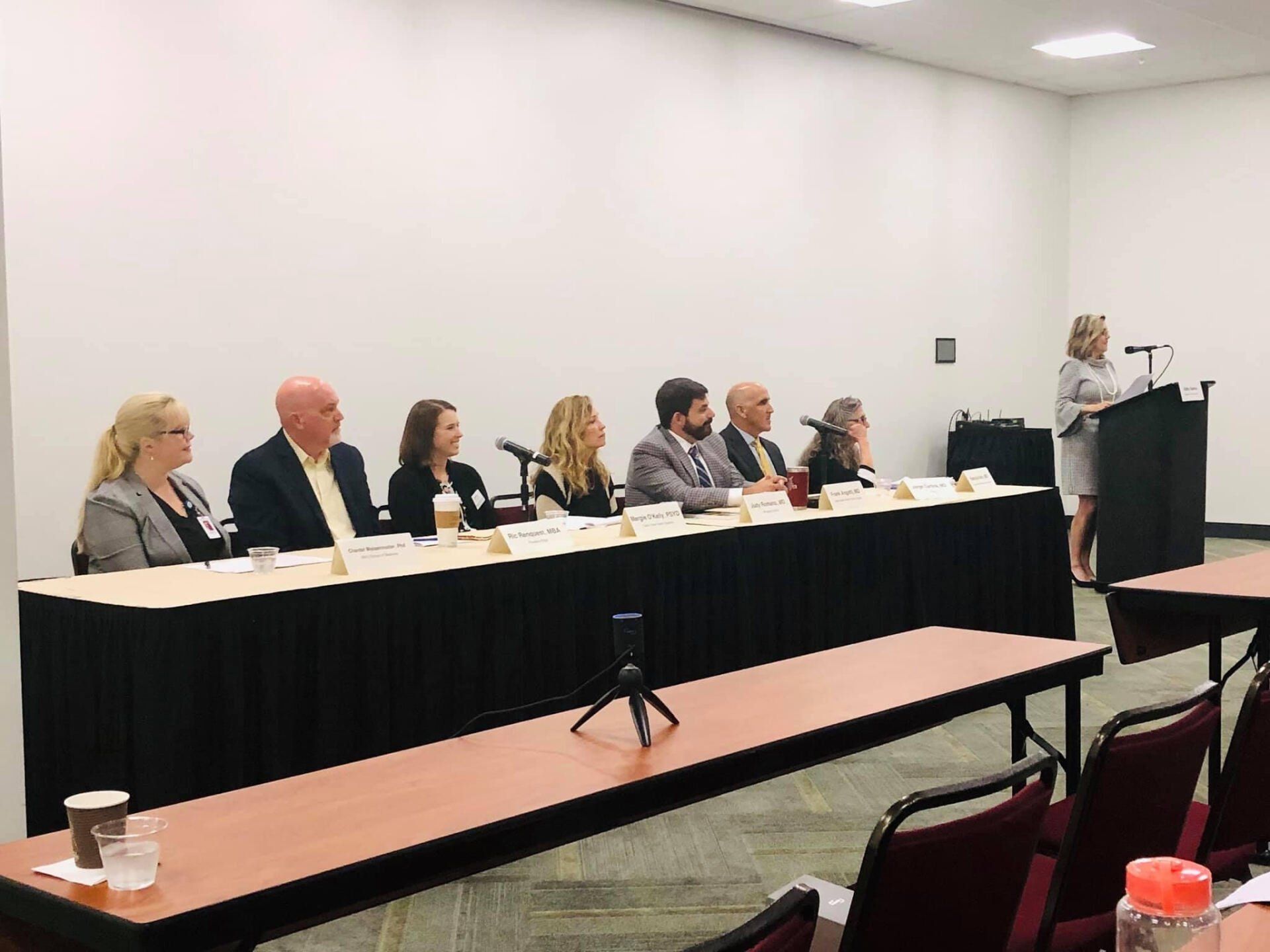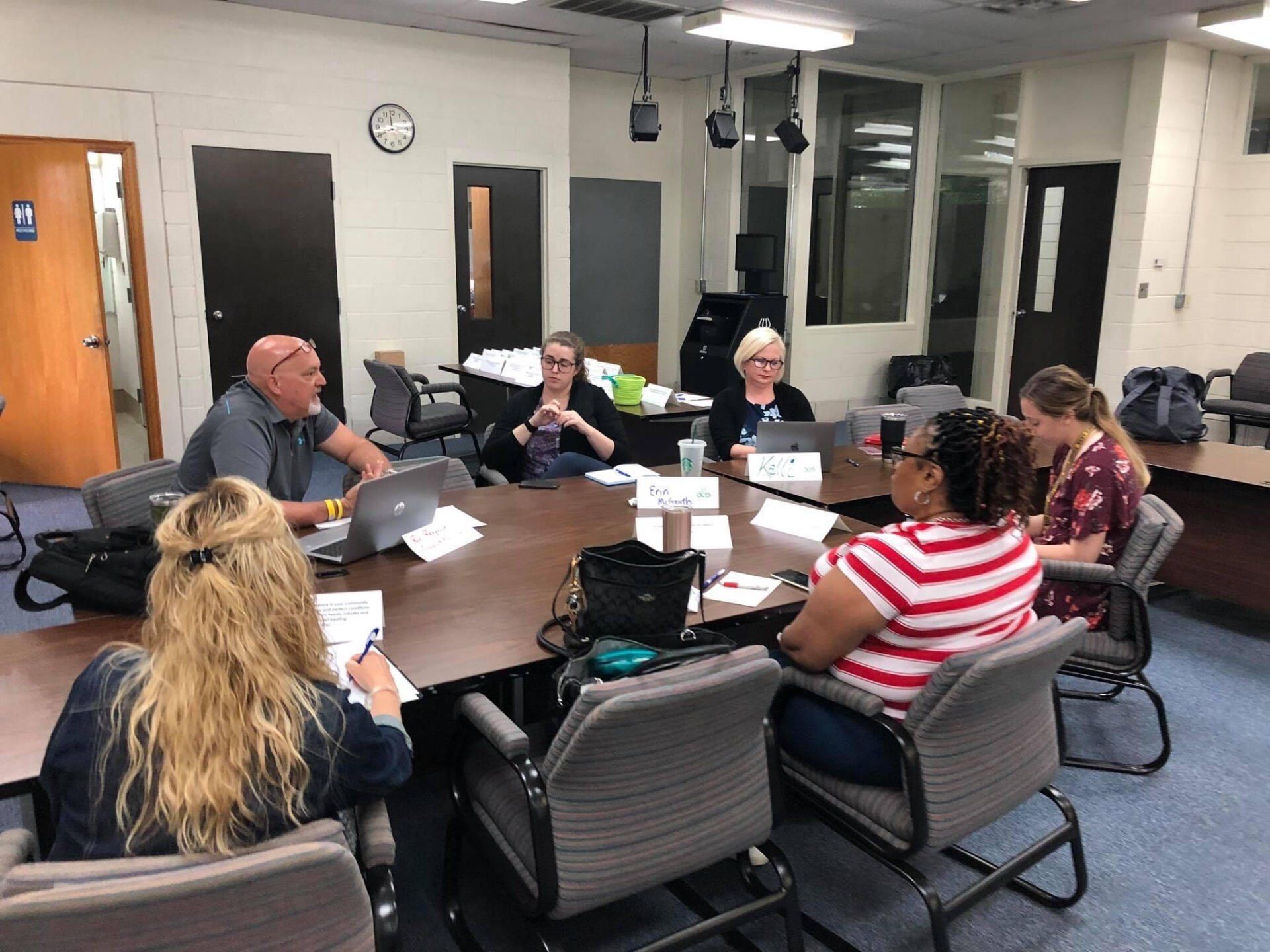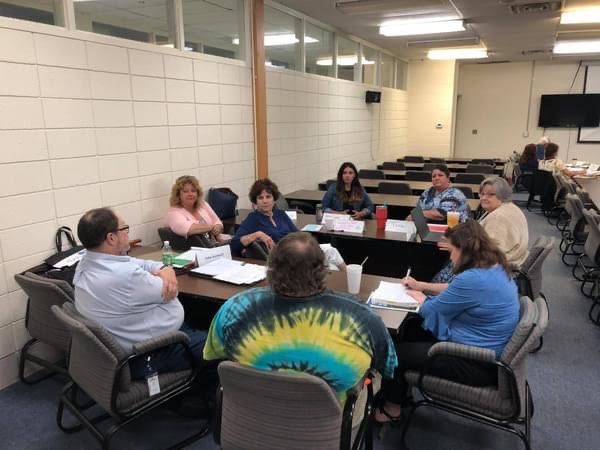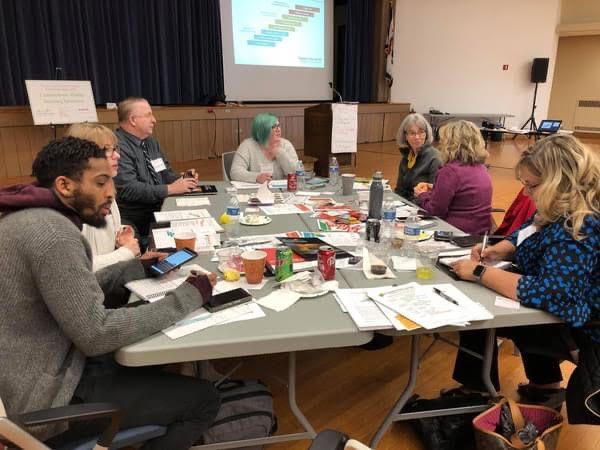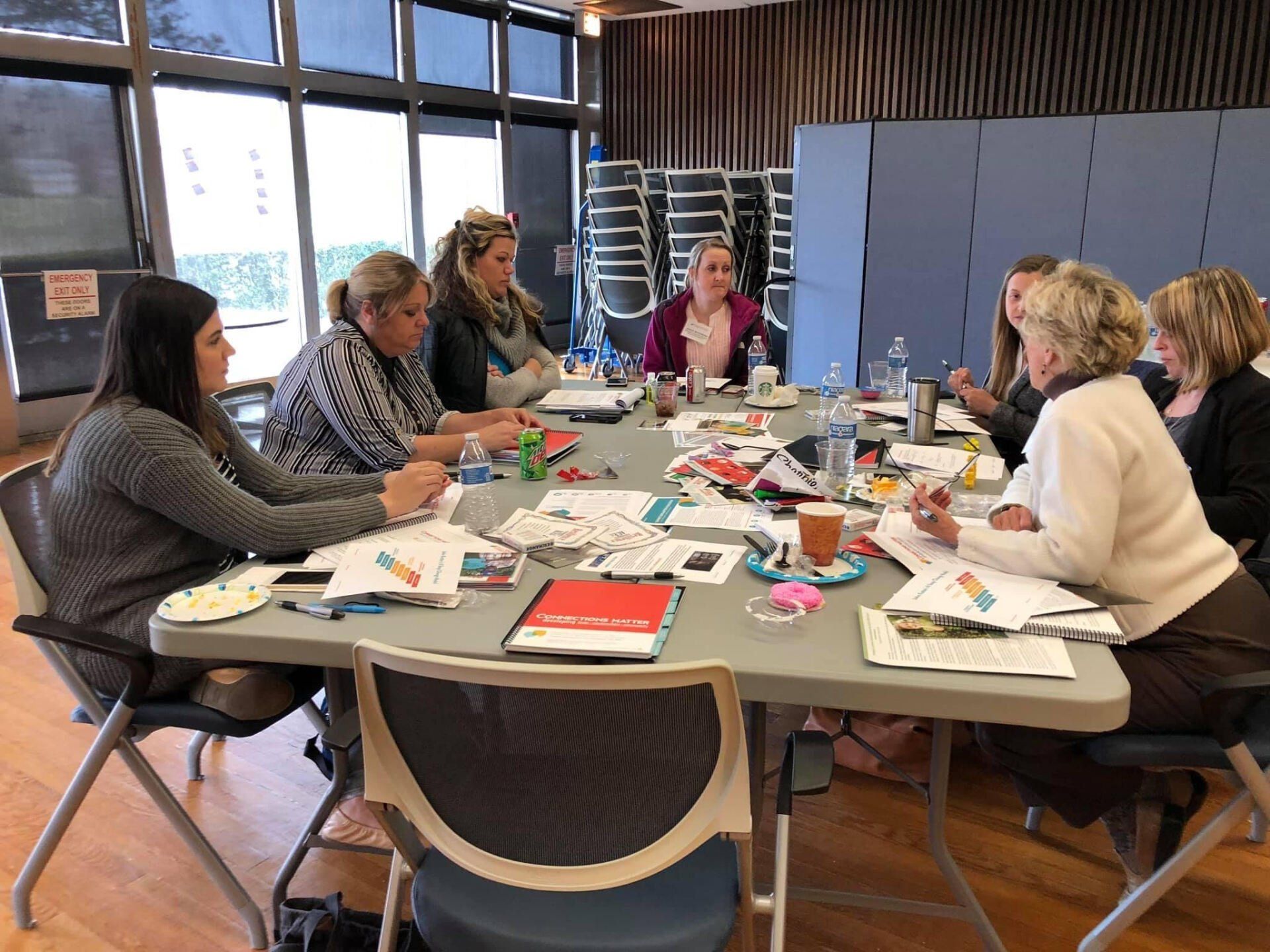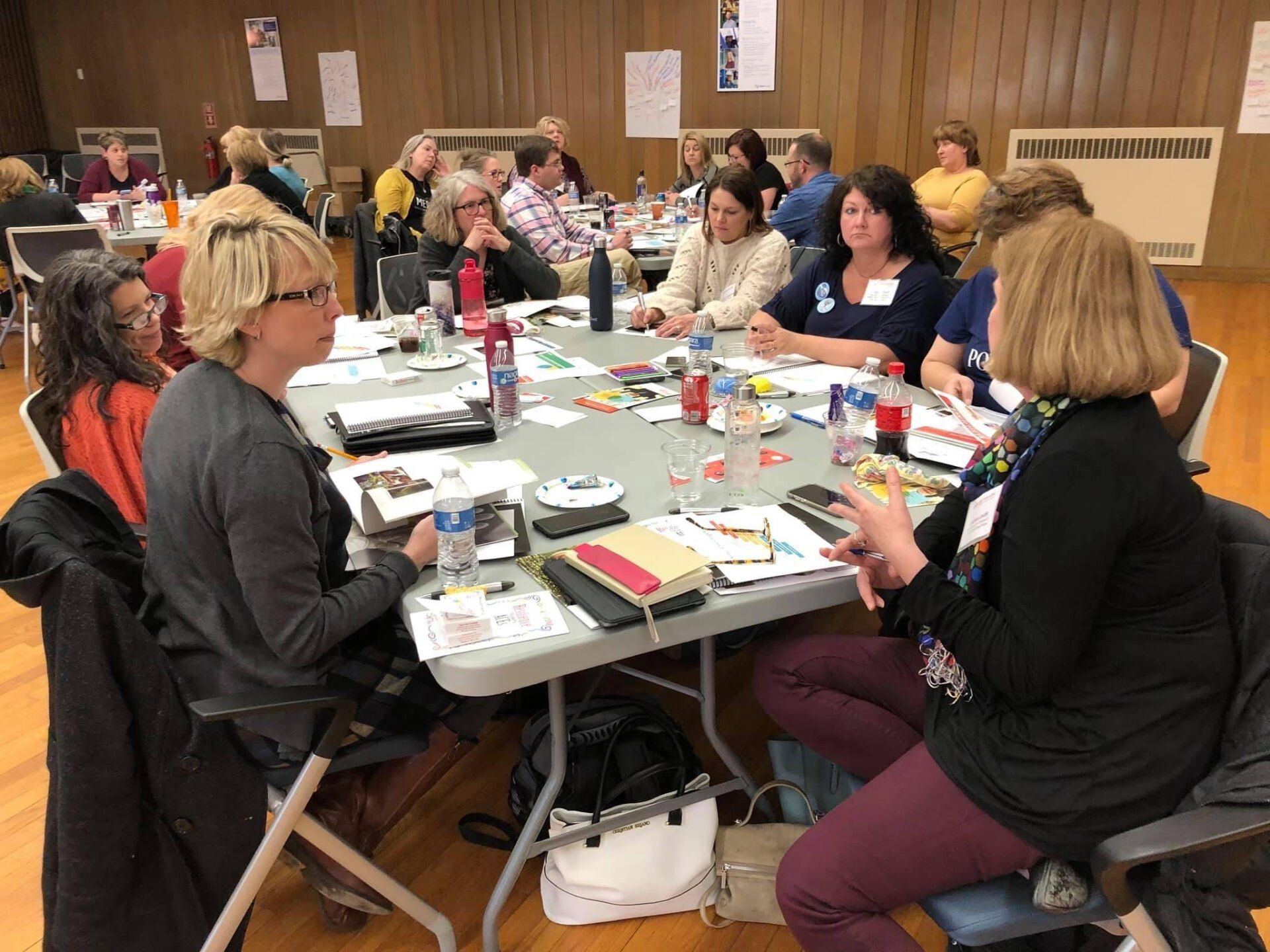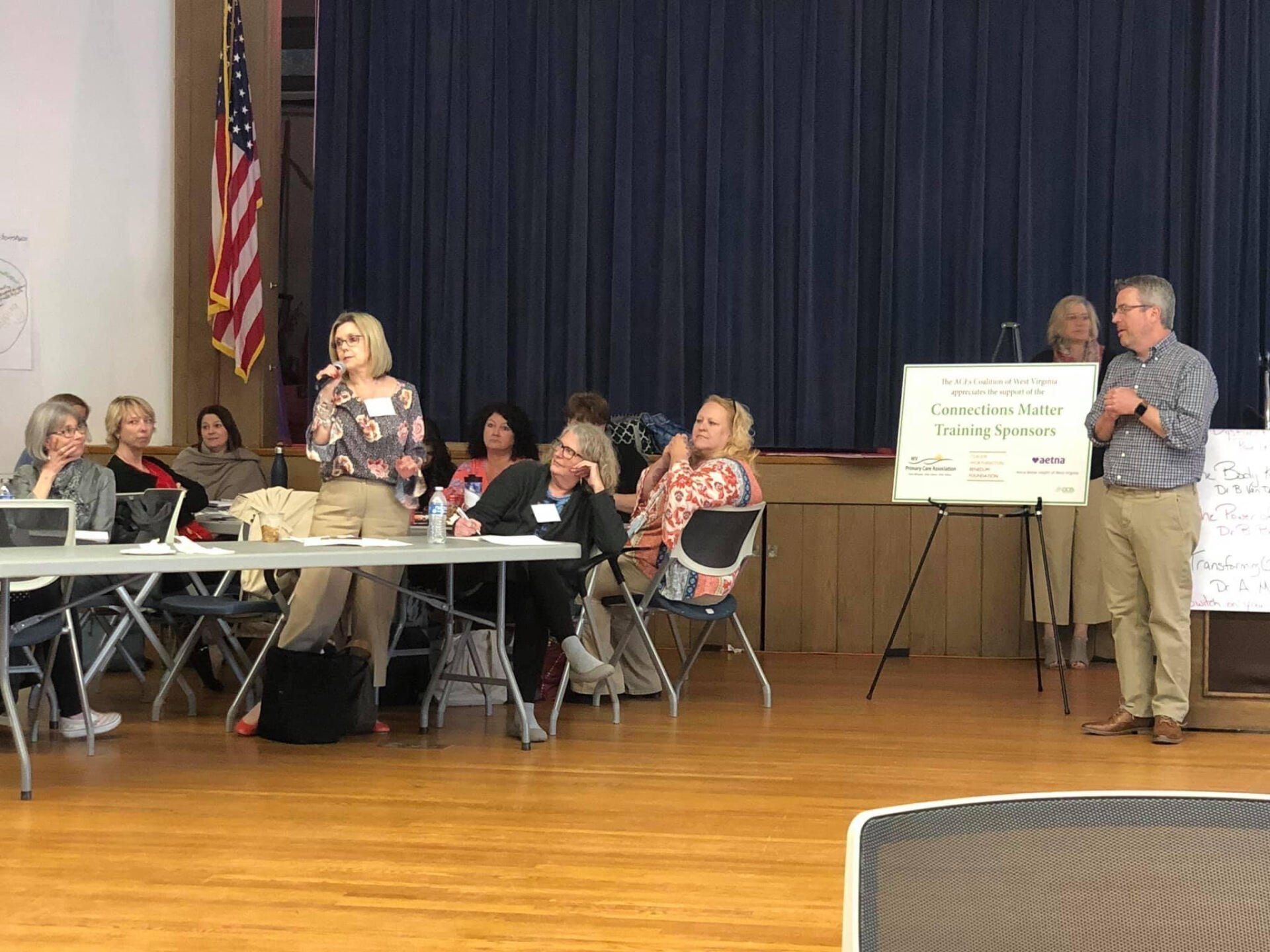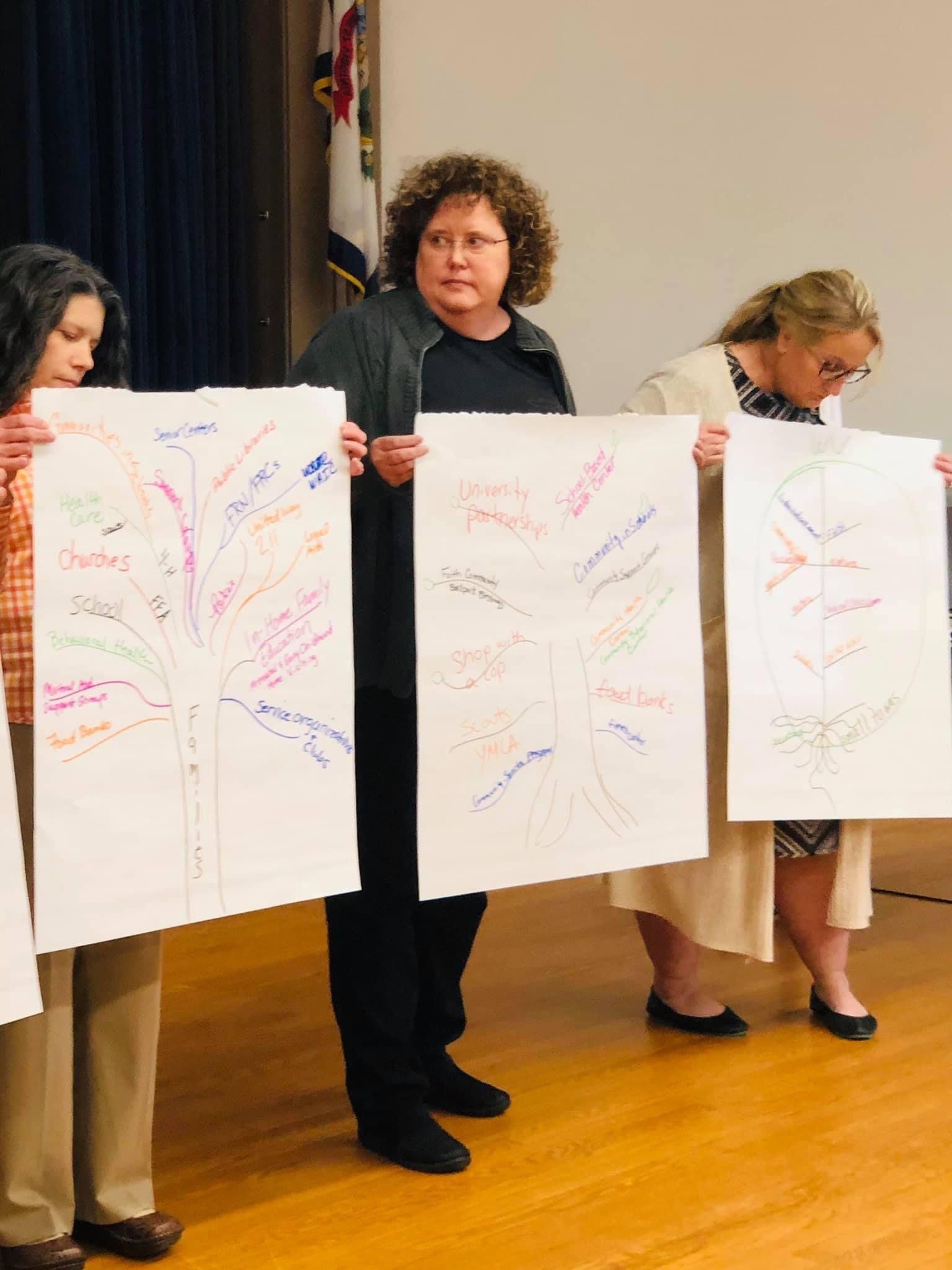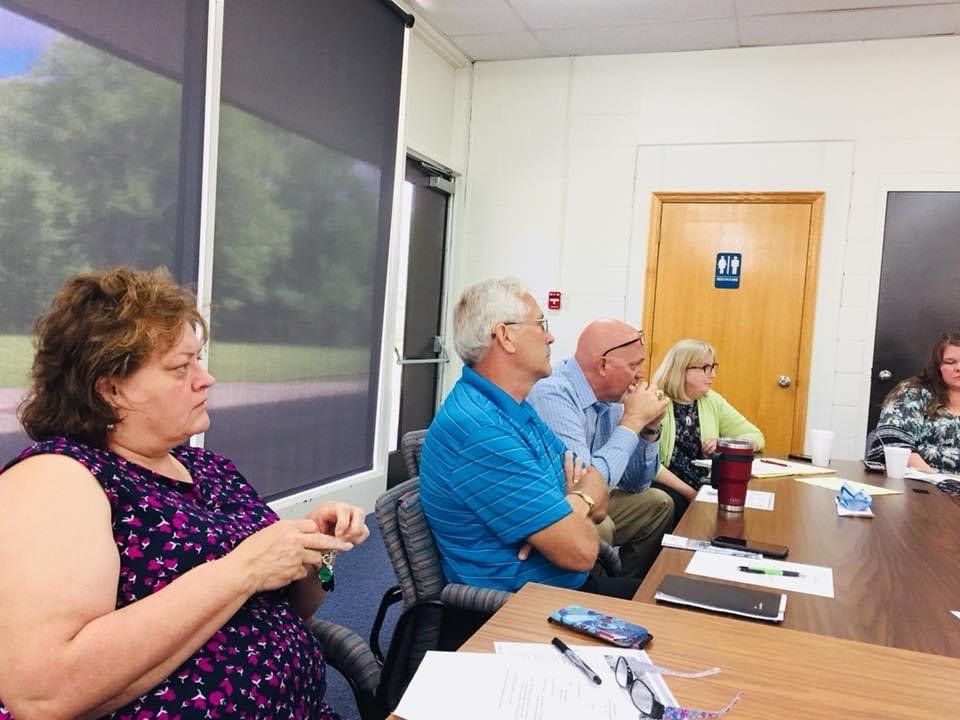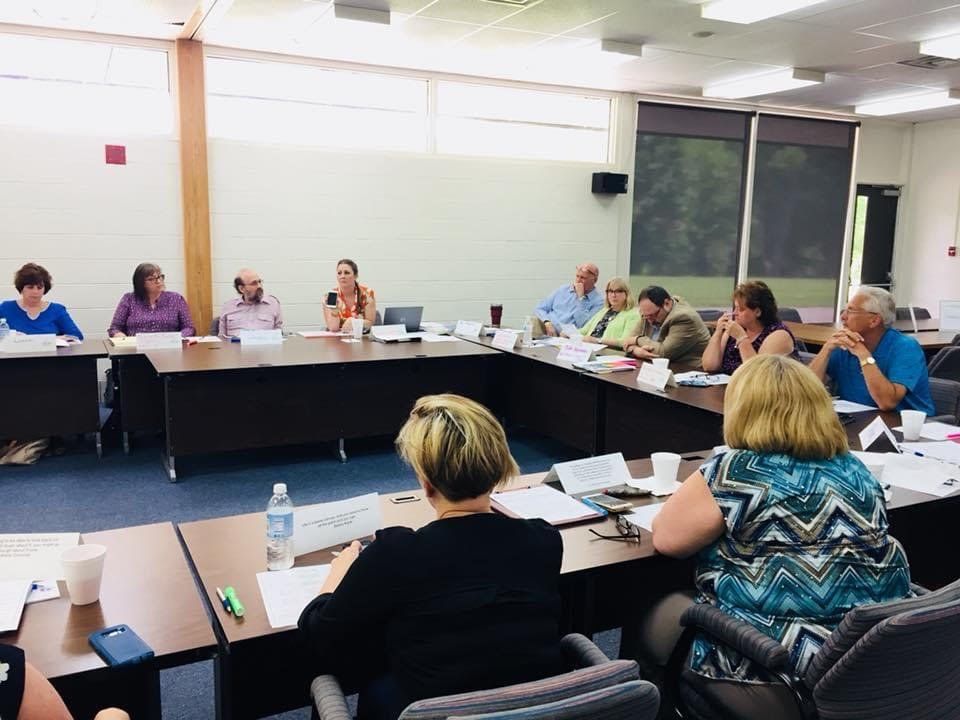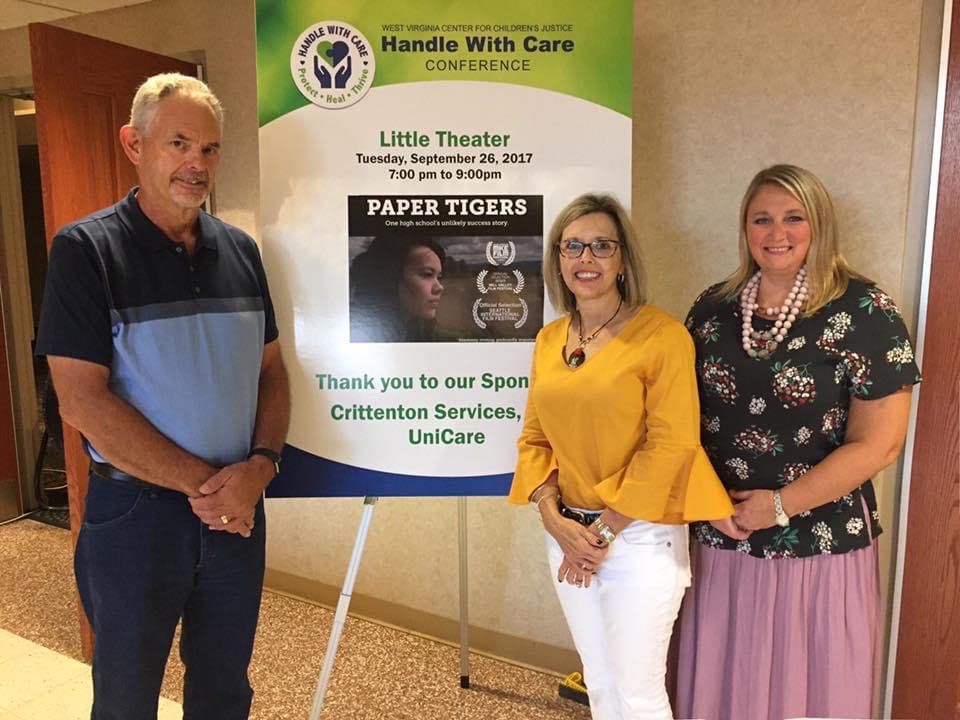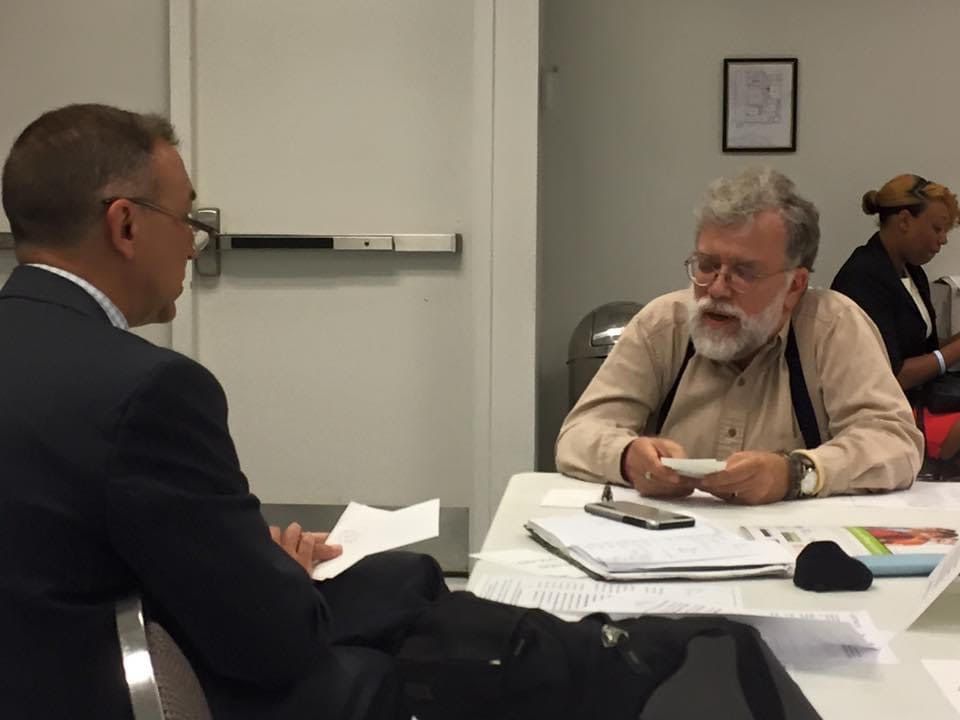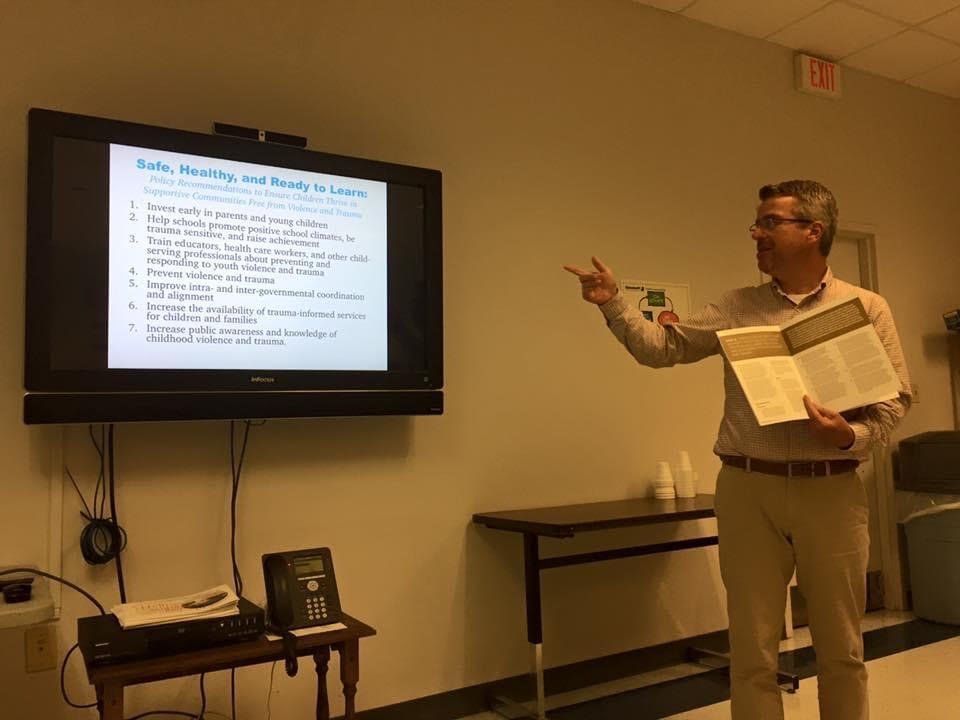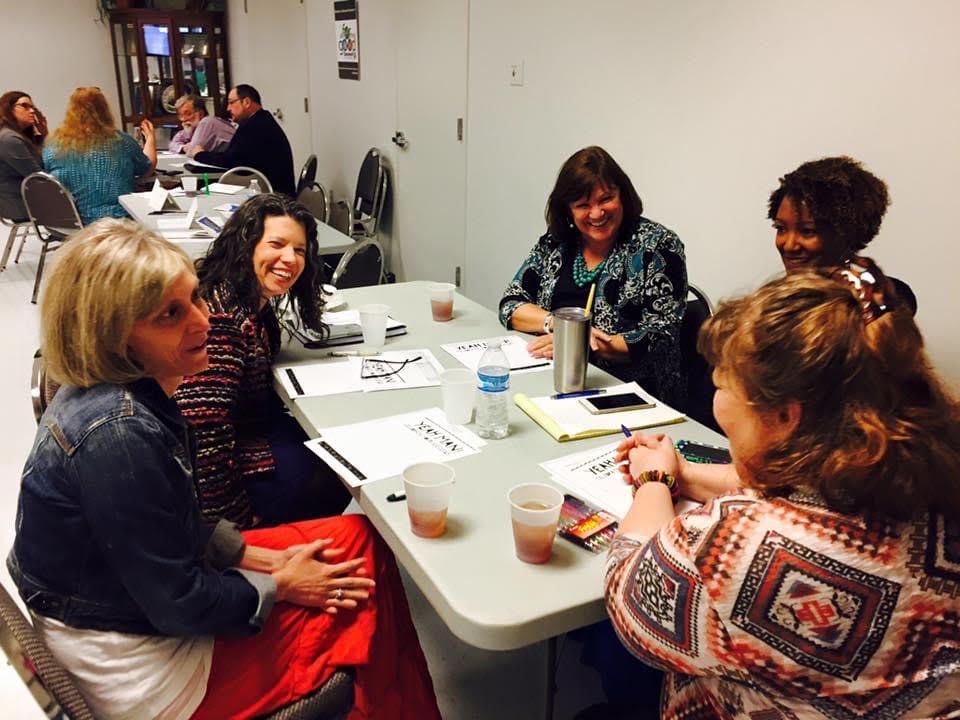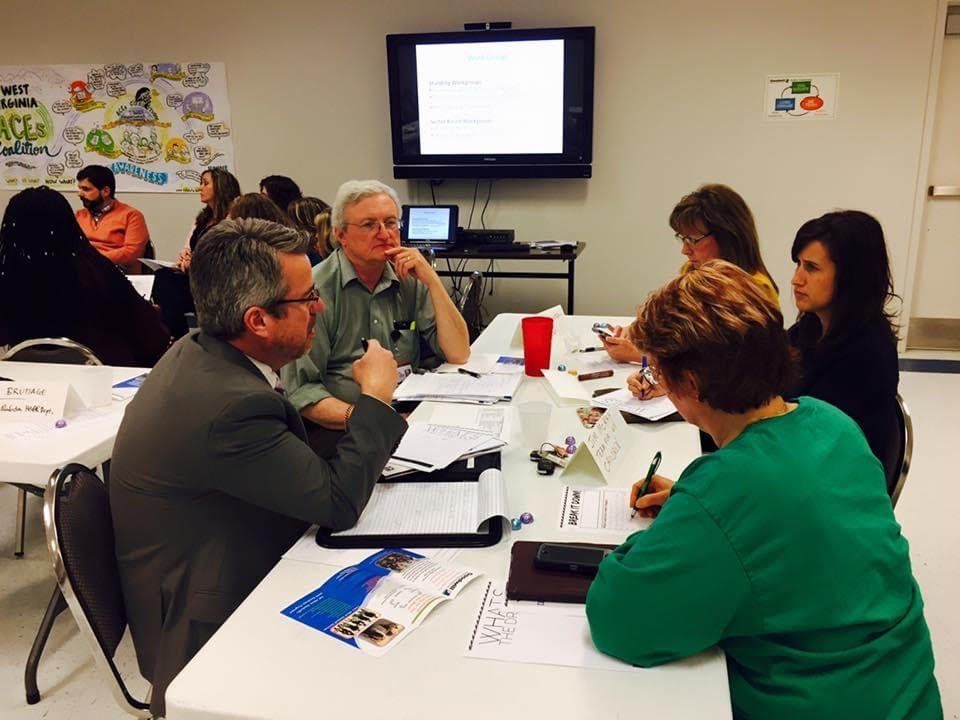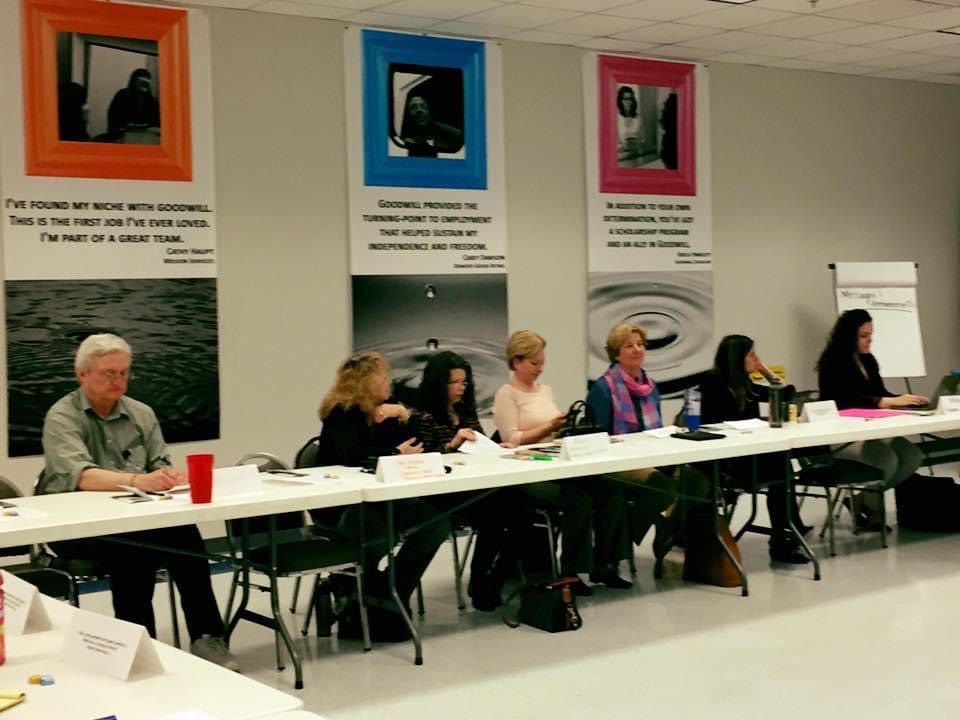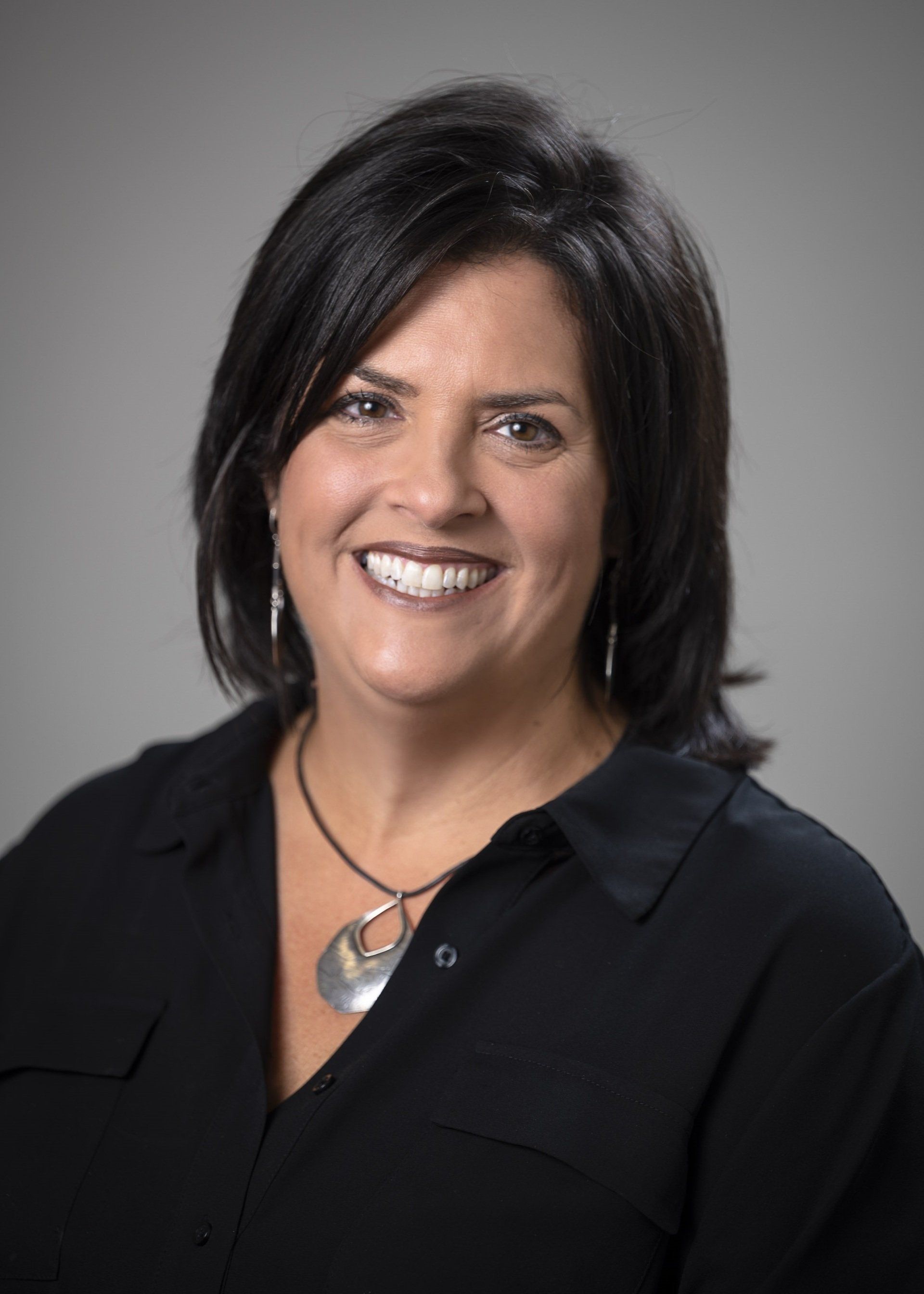About Us
Adverse Childhood Experiences Coalition of West Virginia

Our History
The ACEs Coalition of WV was initially created when a physician, licensed professional counselor, child advocate and funder came together to talk about creating an ACEs movement in West Virginia. They believed West Virginians are better, stronger and healthier when working together. Educating people about ACEs would have greater impact by establishing a statewide grassroots coalition. Years later, after growing to 4,000 plus members, this Coalition became a stand alone 501c3 nonprofit organization. A board of directors comprised of diverse statewide representation guides the work of the Coalition through a strategic planning lens. The work is carried out at the Task Team level where Coalition members take on awareness, training, legislative, programs and research tasks to increase understanding, overcoming and preventing ACEs.
VISION
All West Virginians will thrive in a compassionate community that supports lifelong healthy development.
MISSION
To improve the health and well-being of all West Virginians by reducing the impact of Adverse Childhood Experiences (ACEs) and preventing their occurrence.
GOALS
- Advocate for resources to support best practices to reduce the burden of ACEs.
- Coordinate across agency boundaries to deliver the best possible services to reduce and mitigate ACEs.
- Educate the public and influential citizens/leaders on the role of ACEs in the present health and economic problems facing our state.
Membership
The Adverse Childhood Experiences (ACEs) Coalition of WV is a 501-c3 nonprofit organization working to improve the health and well-being of all West Virginians through understanding, overcoming and preventing ACEs, as well as raising awareness about Positive Childhood Experiences (PCEs) that can offset negative experiences and fuel resiliency.
Attend virtual bi-monthly Coalition meetings and get involved in one or more of the following Task Teams: Awareness, Legislative, Programs and Services, Research, and Training.
Become A Member
Please complete the form below and you will become a member. It’s that easy! You’ll start receiving email correspondence and virtual meeting notices.
Contact Us
Board Members
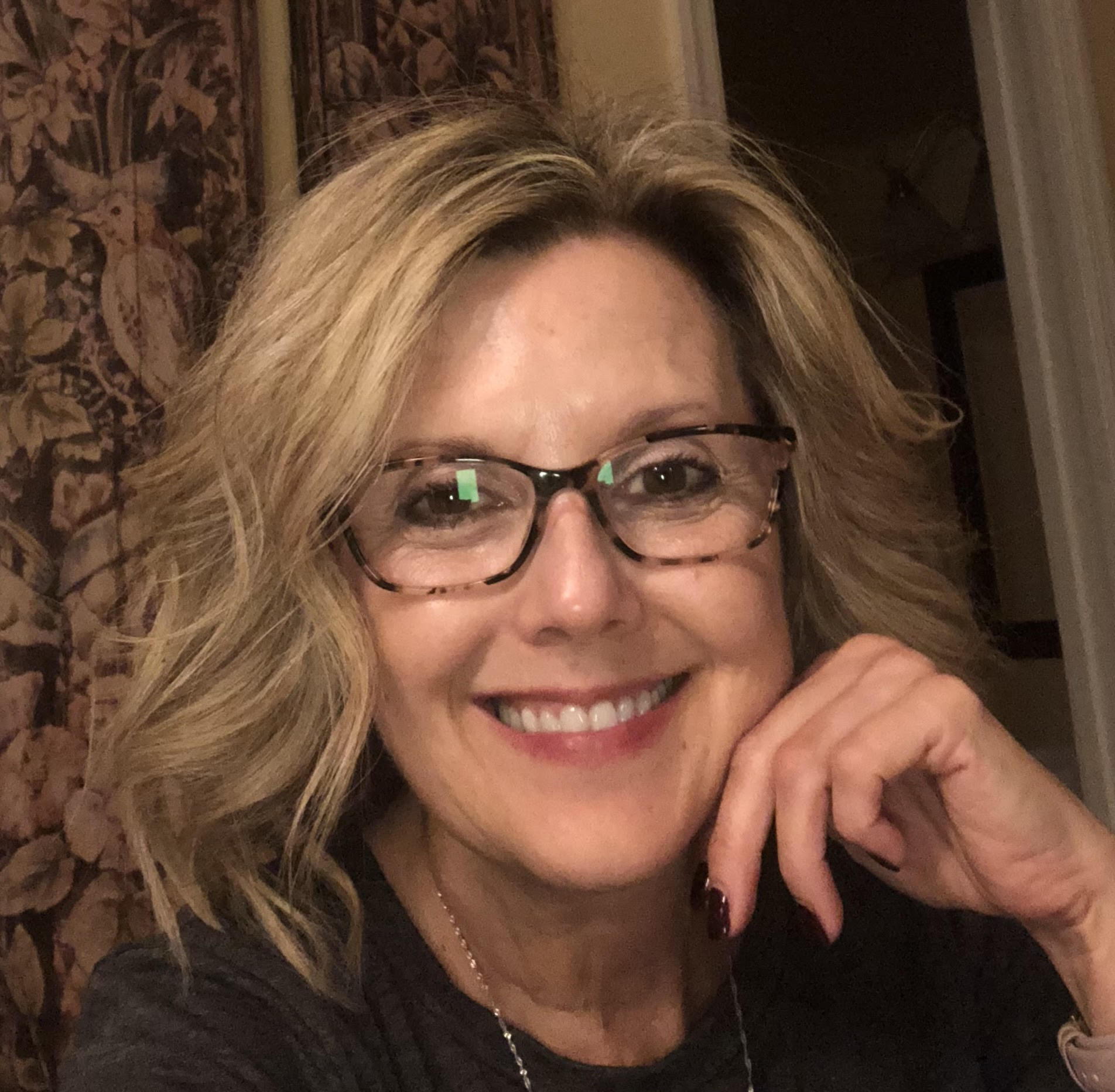
Kathy Szafran
Board President | Executive Director of Mountain Health Promise
Szafrank@aetna.com

Debra Boyd
Board Treasurer | COO-CFO, WV Primary Care Association
Debra.Boyd@wvpca.org
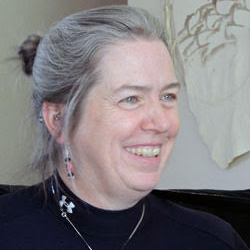
Margaret Moore
Board Secretary | Center for Human Engagement
majia1211@yahoo.com
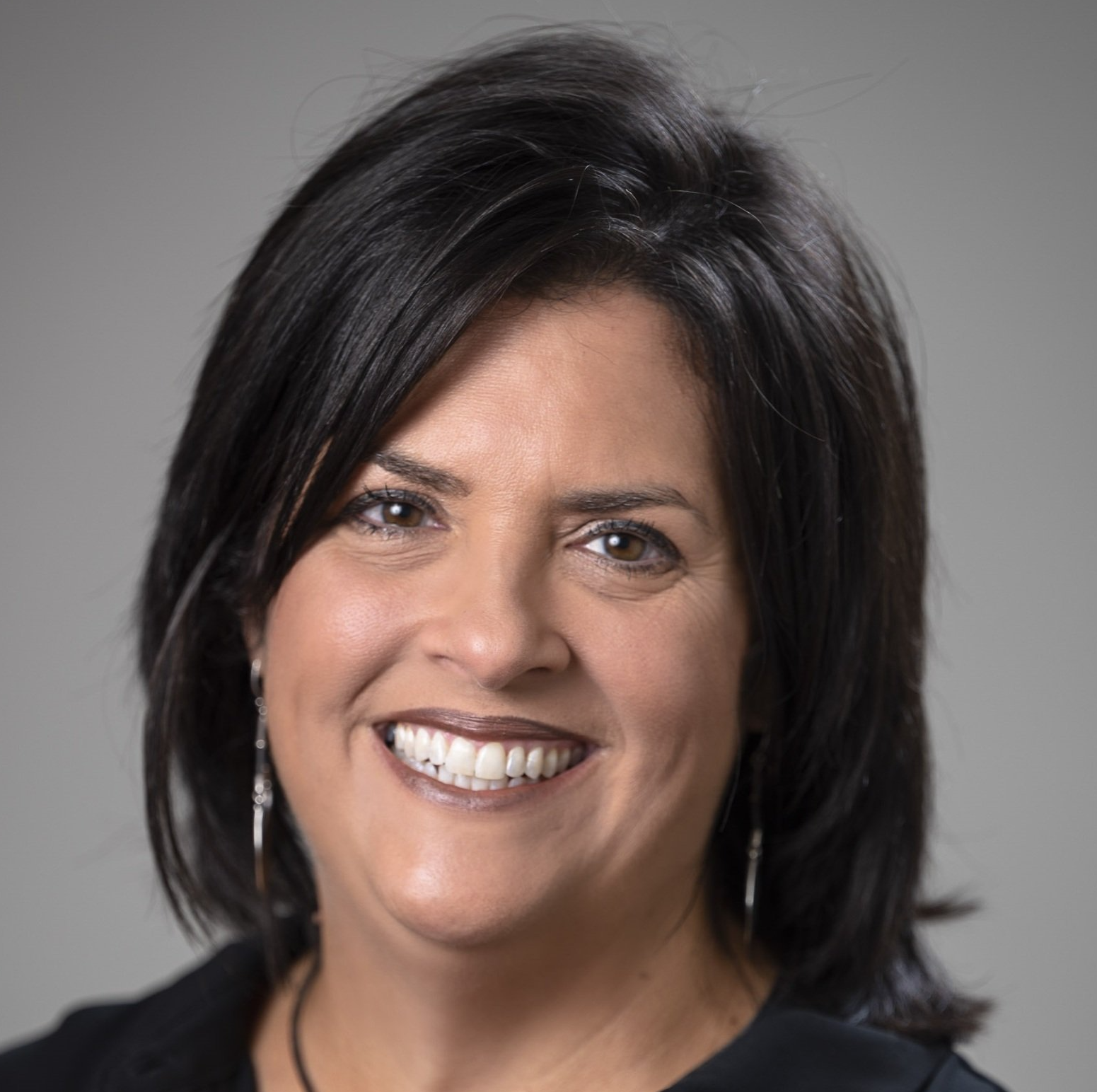
Stephanie Bond
Board Member | Awareness Task Team | co-chairman
Stephanie.Bond@courtswv.gov

Claudia Raymer
Board Member | The Ohio County FRN Executive Director
ohiocountyfrn@yahoo.com
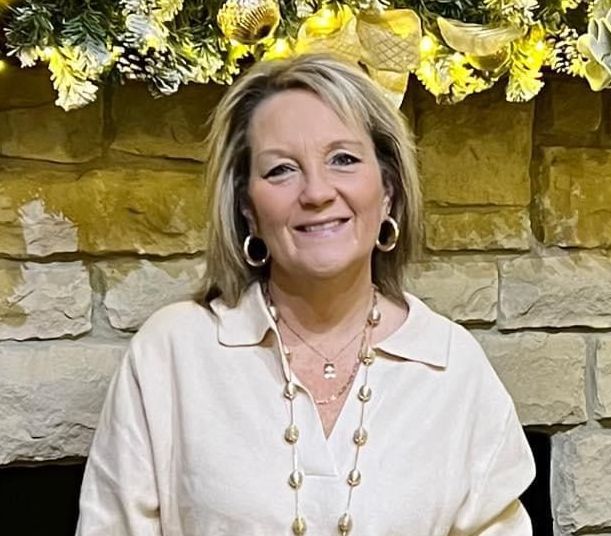
Deborah Hill
Board Member | President and CEO Montgomery General Healthcare Systems, Inc

Shanna Gray
Board Member | CASA State Executive Director
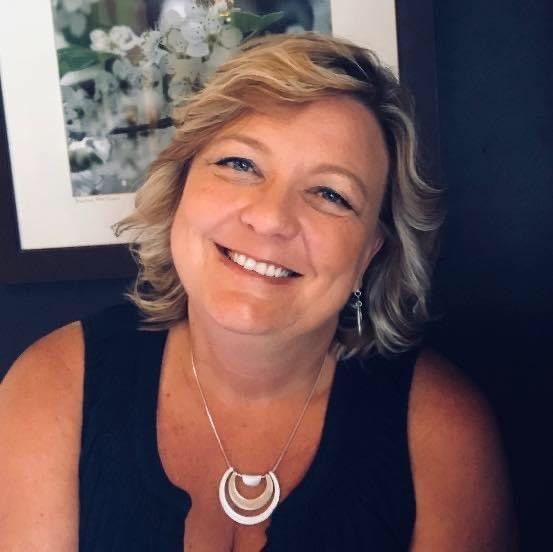
Lora L. Dunn-Miller
Board Member | Manager, Clinical Health Services for Aetna Better Health

Monica Oglesby Holliday
Board Member | Attorney for ChildLaw Services, Inc

A firm specializing in planning, managing and marketing nonprofits - provides organizational management and Coalition coordination for the ACEs Coalition of WV under the leadership of Tricia Kingery, and Kasidi Legg.
ACEs Coalition of WV Board of Directors at our Strategic Planning Retreat facilitated by Tom Heywood in the fall of 2021
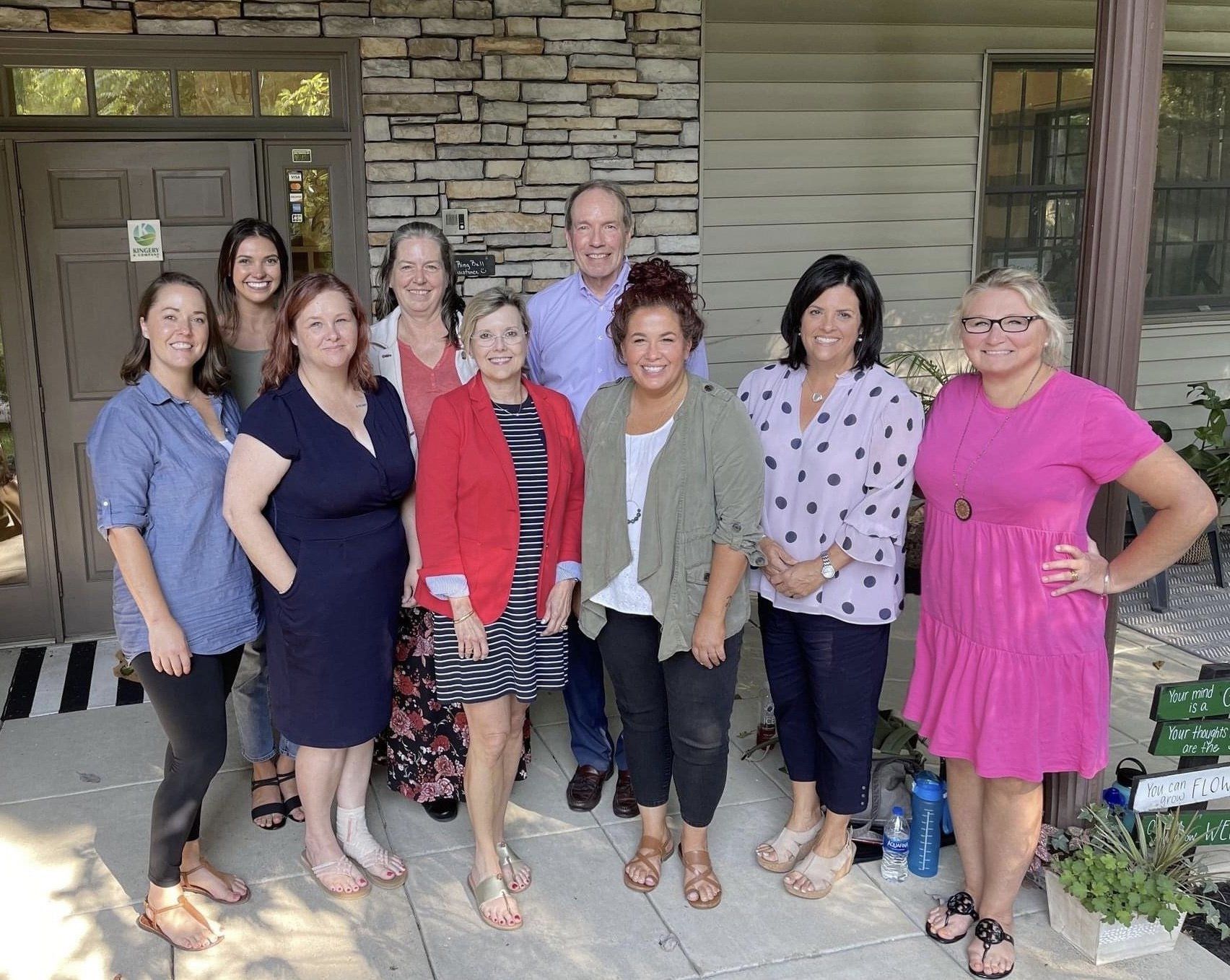
Learn about our task teams
Dr. Todd Davies
Dr. Todd Davies
Research Task Team
Goal:
Identify and measure the impact of ACEs in West Virginia.
Objectives:
1. Identify the most appropriate research methodology for West Virginia.
2.
Create partnerships with directly affected populations and those working with them.
3.
Identify critical value points of trauma consequences.
4.
Partner with ACEs Coalitions in other states with analogous research arms.
5.
Assist ACEs Coalition of WV Task Teams with data analysis.
6. Disseminate and report research findings
Shanna Gray
Legislative Task Team
Goal:
Become recognized by policy makers as a trusted source of expertise and valued partner regarding policies that prevent ACEs and childhood trauma and mitigate their impact when they have occurred.
Objectives:
1. Develop collaborative relationships with legislative leaders and advocacy partners.
2. Identify and champion policies that prevent ACEs and childhood trauma and mitigate their impact when they have occurred.
3. Publish legislative reports, issue briefs and fact sheets.
4. Engage ACEs Coalition members in support of the Coalition’s policy goals.
John Kennedy
Lora Dunn-Miller & John Kennedy
Training Task Team
Goal:
Establish an ACEs, PCEs, and resiliency resource hub. (Difference between Awareness and Training Task teams: Awareness is anything 15 minutes or less, training goes deeper into learning and understanding.)
Objectives:
1. Identify and develop a continuum of ACEs, PCEs, and resiliency training curriculum that is research-based and includes interventions and mitigation and provide ways for ACEs Coalition to endorse these trainings.
2. Match training requests with certified ACEs Coalition trainers and external/endorsed trainers that focus on ACEs, PCEs, and resiliency.
3. Provide coalition-certified trainings on a regular basis.
4. Resource Hub: Establish an ACEs, PCEs, and resiliency resource hub
Dr. Barb Brady & Stephanie Bond
Awareness Task Team
Goal:
Become recognized by policy makers as a trusted source of expertise and valued partner regarding policies that prevent ACEs and childhood trauma and mitigate their impact when they have occurred.
Objectives:
1.Maximize reach and engagement with our four target audiences caregivers, educators, policymakers, community leaders and child-serving professionals.
2. Host and participate in conferences, events, press conferences, etc.
3. Give a voice to ACEs and PACEs through storytelling and more.
4.
Recognize champions of ACEs who are leading the way in awareness and best practices.
Kathy Szafran & Maggie Moore
Program & Services Task Team
Goal:
Incorporate ACEs/PACEs throughout WV’s child-serving programs and services.
Objectives:
1.Assess what programs and services are trauma-informed.
2. Provide ACEs/PACEs guiding principles that can be incorporated into programs and services.
3. Additional Objectives needed here once Task Team chairs and members are identified.
